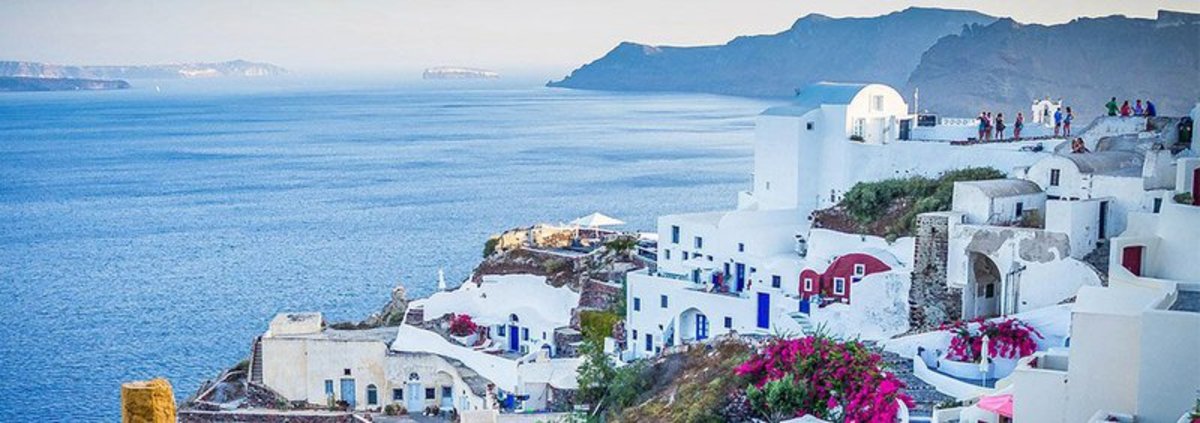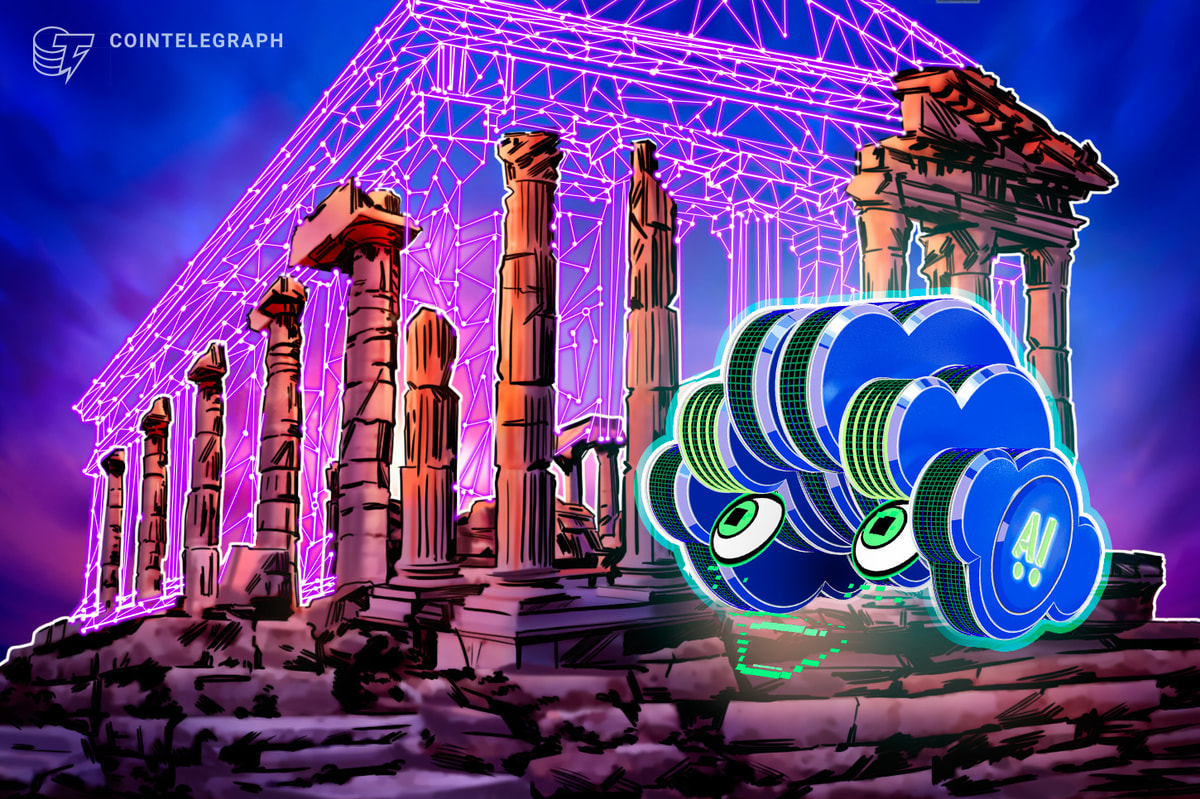
Perhaps a blockchain-based parallel currency could provide a solution to the Greek crisis and be an alternative for Greece, Forbesreports. Lee Gibson-Grant, founder of U.K.-based digital currency consultancy Coinstructors, recently met with the Mayor of Agistri, an island in Saronic Gulf with a population of around a thousand people. The Mayor has agreed to start testing blockchain technology solutions in the island.
The single ATM on Agistri ran out money last week.
The project is related to the Drachmae project covered by Bitcon Magazine in May. Proposed by CNBC contributor Brian Kelly, the author of “The Bitcoin Big Bang: How Alternative Currencies Are About to Change the World,” Drachmae is intended as a quick and simple bitcoin-like solution for Greece’s troubled economy.
Kelly provides more detail in a CNBC post titled “Greek island agrees to test digital currency.” He is persuaded that the technology behind bitcoin can be used to create a store of value that is independent of the traditional banking system.
“The digital currency I created last year, Nautiluscoin, was designed to tackle this specific task,” says Kelly.“ We can now offer Greece a digital currency that is backed by gold and is integrated into a mobile-banking platform.
The Mayor of Agistri has agreed to allow the island to be a pilot program for a new monetary ecosystem, which will use Nautiluscoin. Over the coming weeks, the infrastructure for this project will be rolled out and the citizens of Agistri will receive Nautiluscoin to begin transacting.
Nautiluscoin will be backed by gold, which, according to Kelly, is still the most trusted independent form of money. Coinstructors, a partner in the project, developed drachmae.money and Dracmae Connect to create a transaction system. The system will charge a fee for each Nautiluscoin transaction, and the fees will be used to purchase gold for a “Nautiluscoin Stability Fund.”
That may sound a bit circular and chaotic, but probably the project developers haven’t had the time to fully detail the mechanism of the proposed monetary system. At the time of writing, the drachmae.money website still has a “Lorem ipsum…” placeholder for yet-to-be-written text.
“Using gold to back Nautiluscoin should give both tourists and merchants assurance that a digital currency is more than just lines of computer code,” says Kelly. “A digital currency like Nautiluscoin can be quickly deployed to kick-start the tourism industry. We have already begun to implement this plan and estimate that it will take 60 to 90 days to fully execute.”
Local businesses can create a loyalty program via Drachmae Connect, which enables tourists to book hotels and other services at a discount. While Agistri is a test case, the initiative could be applied throughout Greece, and Gibson-Grant is persuaded that a parallel digital currency would be an ideal solution for the nation. “A digital currency over the blockchain would be ideal right now for Greece and tourists,” he said.
Kelly notes that the project is inspired by the highly successful WIR Bank that manages and issues the private currency WIR franc in Switzerland. The WIR Bank was established by two Swiss businessmen in 1934 in response to a failing economy and currency shortages.










